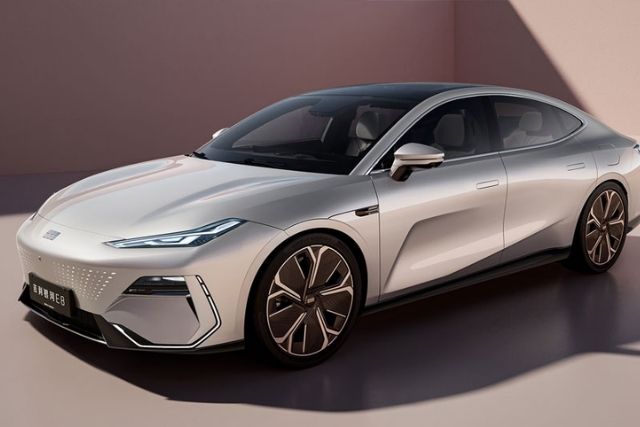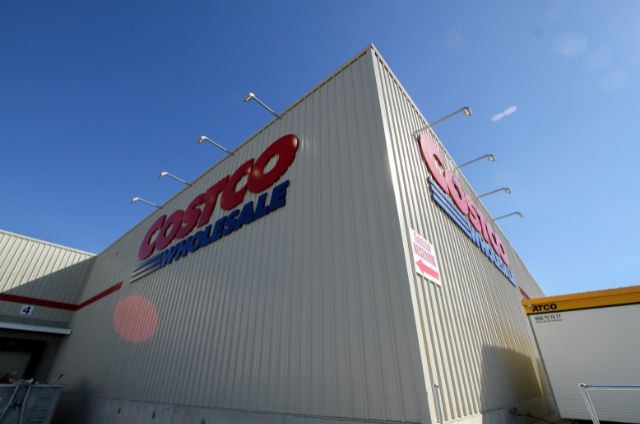Geely, the Chinese automotive powerhouse, is making headlines with its plans to set up an electric vehicle (EV) production plant in Europe. This move could significantly shift the dynamics of the European car market, offering Geely a way to bypass the hefty tariffs currently imposed on Chinese-made EVs and secure a stronger position in the region.
Poland: A Prime Contender for Geely
So, where exactly is Geely looking? Poland has emerged as a top candidate. The country had ambitious plans for an EV project named Izera, supported by the European Union’s recovery funds. But things have been a bit up in the air. While Poland’s previous administration was all in, it seems the new team is still weighing their options and wondering if Geely is the right partner for the job.
Dodging the Tariff Bullet
One of the key motivations behind Geely’s European expansion is the desire to avoid high tariffs on Chinese-made EVs. Currently, these tariffs can reach up to 36.3%, creating a significant barrier to market entry. Geely’s current tariff rate stands at 19.3%, but setting up a factory in Europe could help the company eliminate these fees entirely. This strategic move would not only reduce costs but also enhance Geely’s competitiveness in a market where electric vehicle adoption is soaring. The European EV market is experiencing rapid growth, with projections indicating a 20% annual increase over the next five years, reaching up to 10 million units by 2027.
What Lies Ahead for Geely?
As Geely continues its discussions and evaluations, the automotive world is closely watching the developments. A successful expansion into Europe could shake up the competitive landscape, pushing other automakers to accelerate their own strategies and investments. Geely’s move could also set a precedent for other international manufacturers considering similar expansions, potentially reshaping the future of electric vehicle production in Europe.



